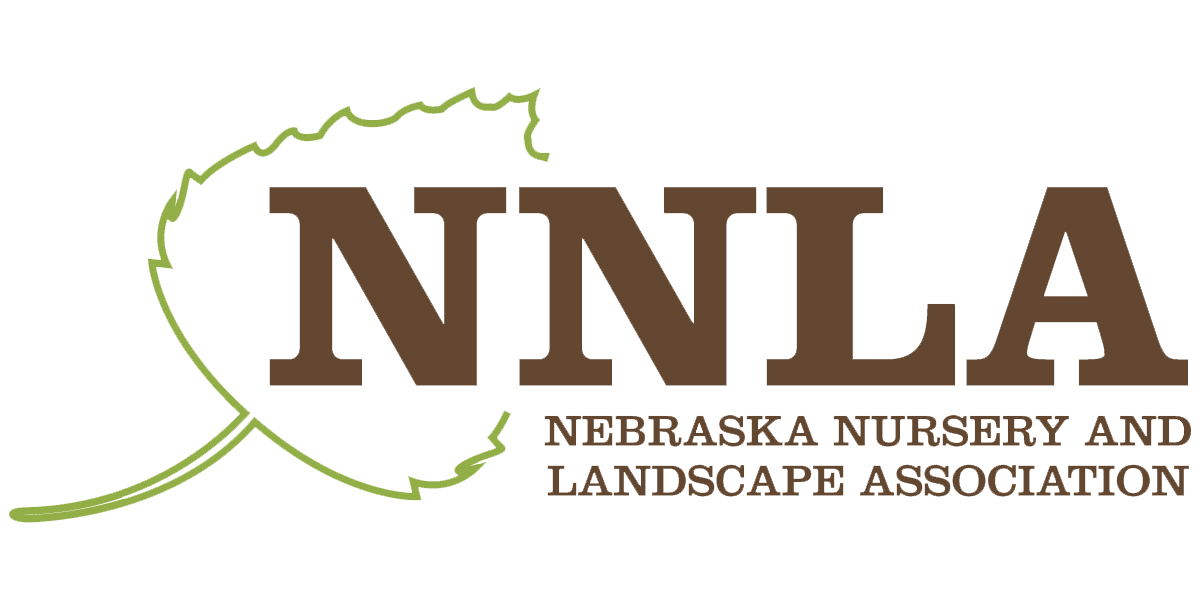Box Tree Moth
Natalia Bjorklund, Entomology and Plant Pest Program Manager NE Department of Agriculture (402)-471-6847, natalia.bjorklund@nebraska.gov
Box tree moth is originally from Eastern Asia and was first reported in Europe in 2007. In 2021, it was officially confirmed in the United States (New York). Box Tree Moth has since been found in New York, Massachusetts, Michigan, and Ohio.
While they are excellent fliers, they are traveling further and faster on nursery stock. Their main host in the United States is boxwood (Buxus sp.), but in their native range, they have also been found on burning bush (Euonymus alatus), Japanese spindletree (E. japonicus), purple holly (Ilex chinensis), and orange jessamine (Murraya paniculata).
Damage to shrubs is done by the larvae – they feed on the leaves causing heavy defoliation, and will even feed on branches and bark once the leaves are gone. Entire plants can die from the heavy feeding, if left unchecked. USDA APHIS PPQ has established quarantined areas within the infected states to protect interstate movement of regulated articles. Boxwood plants may only be moved interstate from a quarantined area from an establishment operating under a compliance agreement, and only if accompanied by a certificate issued by a State Agricultural Authority certifying that the requirements of this Federal Order and the compliance agreement have been met.
These requirements will prevent producers and distributors of boxwood from moving infested plants interstate. State Agricultural Authorities may prescribe additional safeguards and protocols.
Our inspectors have set traps across the state to monitor the absence/presence of BTM in Nebraska. Eradication in the U.S. is unlikely as it’s moved out of New York, but control and containment is still a priority. Please let us know if you see anything that looks suspicious!




